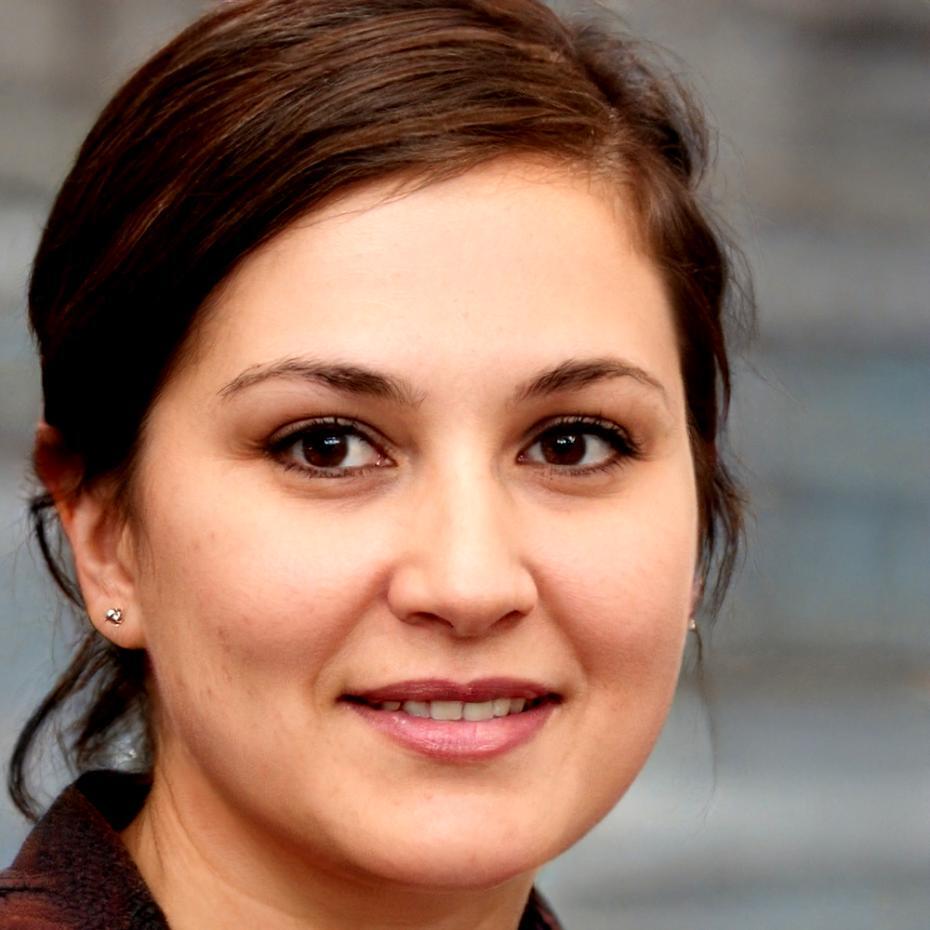Our Foundation Story
Back in 2018, I was reviewing yet another valuation report that missed crucial market dynamics. The analyst had solid technical skills but couldn't bridge theory with Thailand's unique market conditions. That's when we realized something was missing from traditional financial education.
Most programs teach formulas and models – which matters, obviously. But they skip the messy reality of working with incomplete data, shifting market sentiment, and the cultural nuances that affect Thai businesses. We built FlowLogicSys to fill that gap.
Our approach combines rigorous technical training with real market experience. Students work through actual case studies from Thai companies, learn to spot regional market patterns, and develop the practical judgment that separates competent analysts from exceptional ones.



